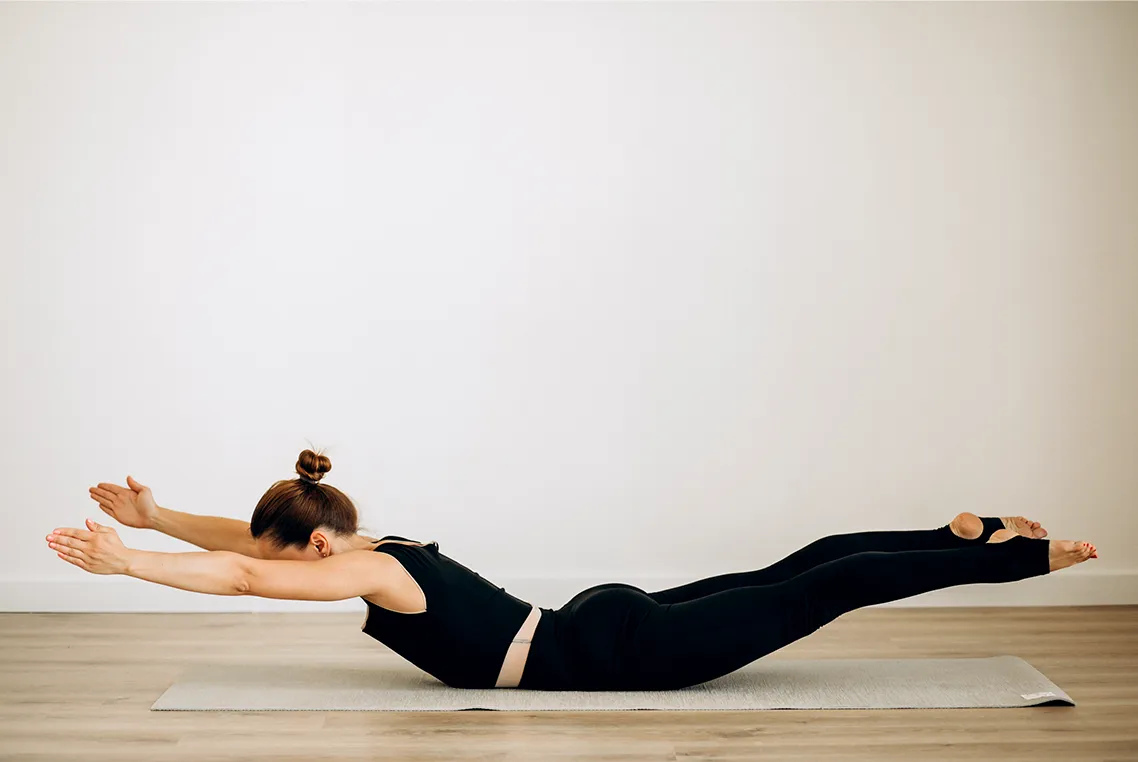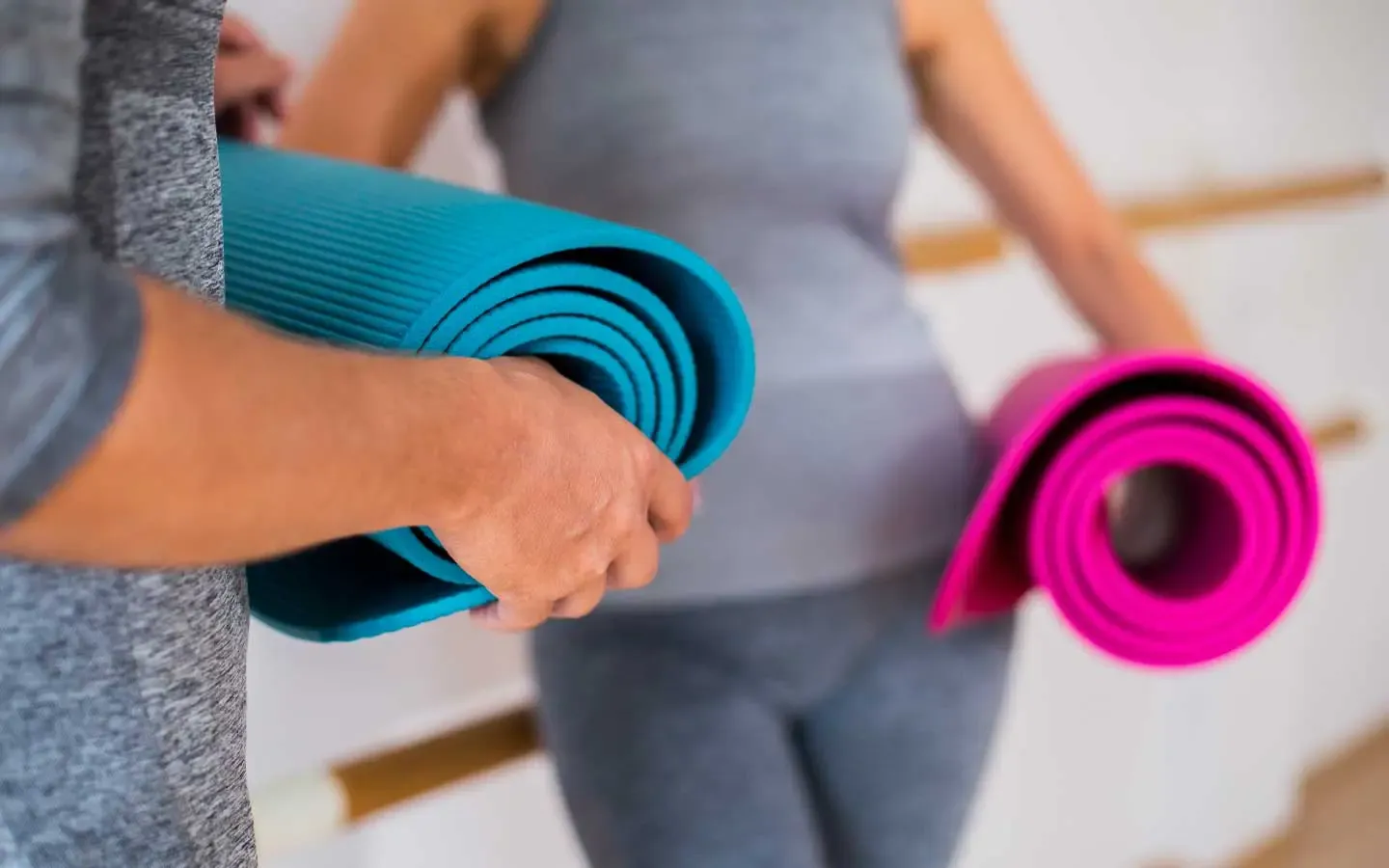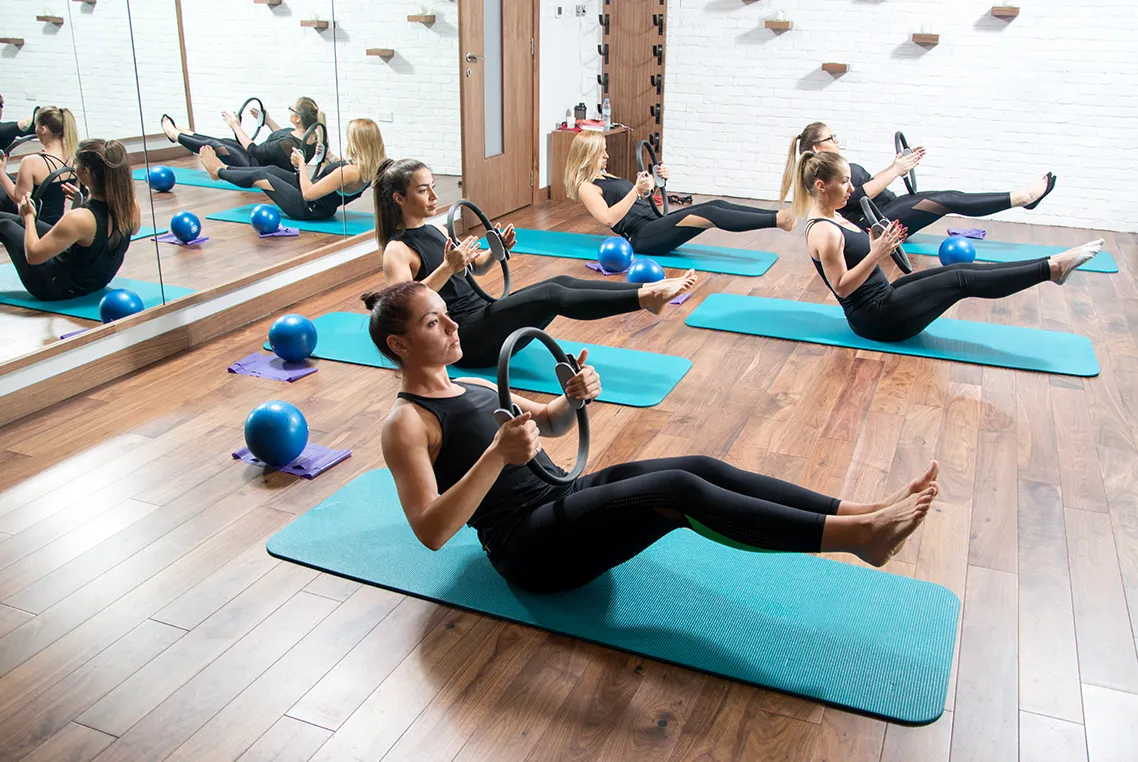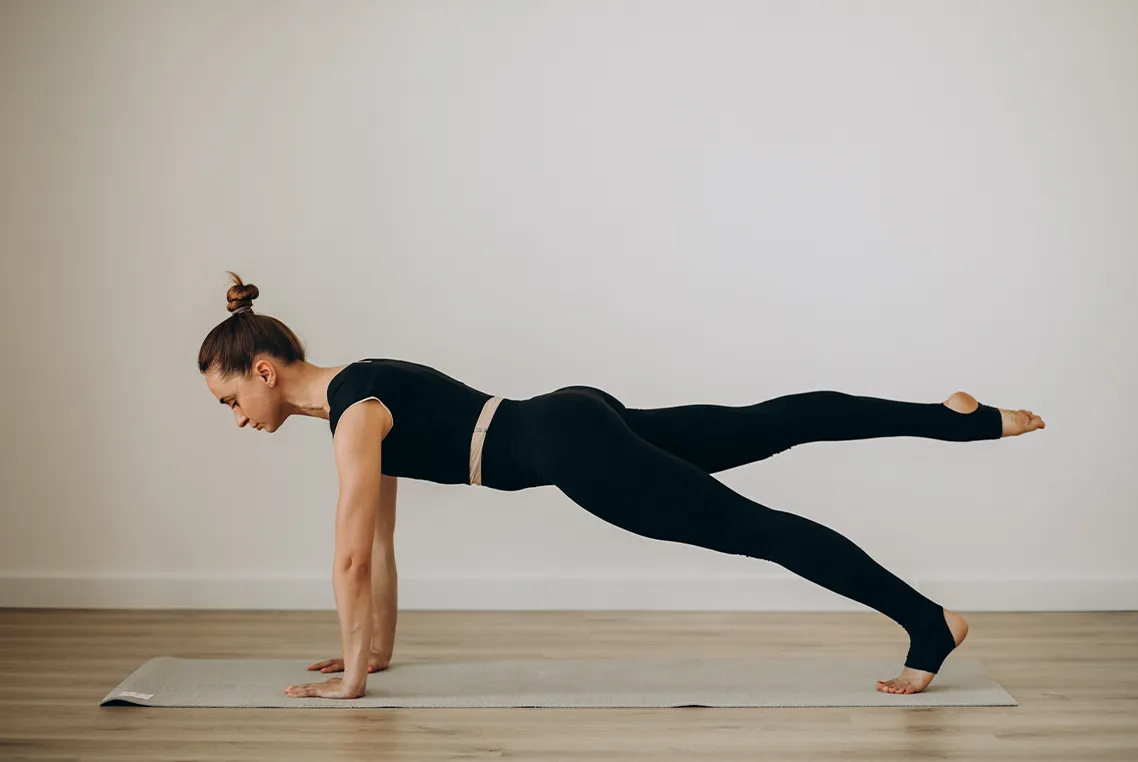

It remained popular, garnering a solid group of practitioners. Almost two decades since it became mainstream, this exercise discipline continues to gain followers, including celebrities who tirelessly credit their Pilates practice for their impressive physique.
With the growing testimonials and bodies of research affirming its effectiveness, Pilates is expected to capture the interest of more people. If you are a practitioner of this discipline and want to become an instructor, now is the right time to get your qualifications.
Becoming a Pilates teacher in Ireland requires finishing a Pilates training programme. It is something that is very doable, but it is not devoid of challenges.
One of the difficulties you are surely going to encounter is choosing which course to take. Given the myriad Pilates instructor courses available, it can be confusing to pick one even for someone who has been practising this discipline for quite a while.
Why are there different training programmes being offered today? One reason for this is that there are different approaches in this exercise modality – classical, contemporary and rehabilitative.
Classical Pilates is an approach that strictly adheres to the concepts and methods developed by Joseph Pilates, the founder of this exercise discipline. Since it mainly teaches the repertoire by Joseph Pilates, this is often referred to as the “true” or “authentic” Pilates.
Meanwhile, contemporary Pilates is an integration of the original teachings and current research findings. It includes concepts and techniques in the field of biomechanics and physical therapy.
Rehabilitative Pilates, as the name suggests, is mainly used in the treatment of acute and chronic injuries. Also called clinical or restorative Pilates, it is prescribed for those suffering from back or neck pain as well as those with diseases like arthritis.
Aside from the approach, the classes may vary depending on the equipment being used – mats or traditional Pilates equipment like chair and reformer. Then, there are also courses that are meant for those who want to offer Pilates training to a special group or population like pregnant women.
Choose a Pilates programme that is going to be worth your time and money. It should be a course that offers high-quality education, one that is designed and taught by people who are knowledgeable about and experienced in Pilates. Furthermore, the Pilates instructor programme should be accredited by reputable organisations like REPs Ireland and YMCA Awards.
The course you choose should include hands-on training. It is not enough that the course covers in-depth discussions on human anatomy and Pilates concepts. It should give students sufficient time to practice what they have learned. It is important that you have face to face contact with your tutor so that you can get the most from your practical classes, have the opportunity to develop your instructional skills and receive feedback, support and guidance on your personal technique and development.
Supervised training is essential for you to see how to properly conduct Pilates classes and handle students. You are going to learn first-hand how certain movements and techniques should be performed, modified and progressed for clients of various abilities and levels.
Lastly, the programme should offer excellent qualifications. Most entry-level Pilates courses in Ireland provide Level 3 qualification. In addition, many of these programmes can only be taken by individuals with at least a Level 2 fitness certification.
You should know, however, that Level 3 courses are not your only options. Remember, you want a programme that’s going to give an impressive qualification like NTC’s Advanced Diploma in Pilates Matwork.
NTC’s sought-after Pilates instructor course is accredited at EQF Level 4 – the highest qualification that a Pilates teacher in Europe can achieve. Recognised by REPs Ireland and YMCA Awards, this programme is open to anyone with or without formal training.
Undeniably, this is the best Pilates instructor course given the certification it offers and NTC’s proven track record of providing high-quality training.
Once you finish a training course, you can teach Pilates classes in fitness centres or start your own practice. Meanwhile, if you are in the therapy or wellness field, you can integrate Pilates principles into your treatments or programmes.
To close, completing the course is not going to be a walk in the park. You need to devote time and effort to have the competencies needed to become an effective Pilates instructor.
Are you searching for an excellent Pilates course in Ireland? NTC’s Advanced Diploma in Pilates is accredited at EQF Level 4. Call us today on 01 882 7777 to learn more about our Pilates courses.



ONSITE LESSONS
Practical classes take place either at NTC or SPORTSCO, Ringsend, Dublin 4
Saturday from 10:30am to 1pm and 2pm to 4:30pm
July 2025 – 26th♦
August 2025 – 9th, 16th, 23rd, 30th
September 2025 – 6th, 13th, 20th, 27th
October 2025 – 4th, 11th, 18th♦, 25th
November 2025 – 1st, 8th♦, 15th, 22nd, 29th, 30th
December 2025 – 6th & 7th
Examinations and/or class will start at 9:30am on dates indicated with ♦
ONLINE LESSONS
Tuesday and Thursday Evenings from 7pm to 9pm
(Recordings available afterwards)
July 2025 – 29th, 31st
August 2025 – 5th, 7th, 12th, 14th, 19th, 21st, 26th, 28th
September 2025 – 2nd, 4th, 9th, 11th, 16th, 18th, 23rd, 25th, 30th
October 2025 – 2nd, 7th, 9th, 14th, 16th, 21st, 23rd
OPTIONAL FREE COURSE
National Qualification in Kettlebell Training
November 2nd, 2025 – Sunday from 10:00-17:00